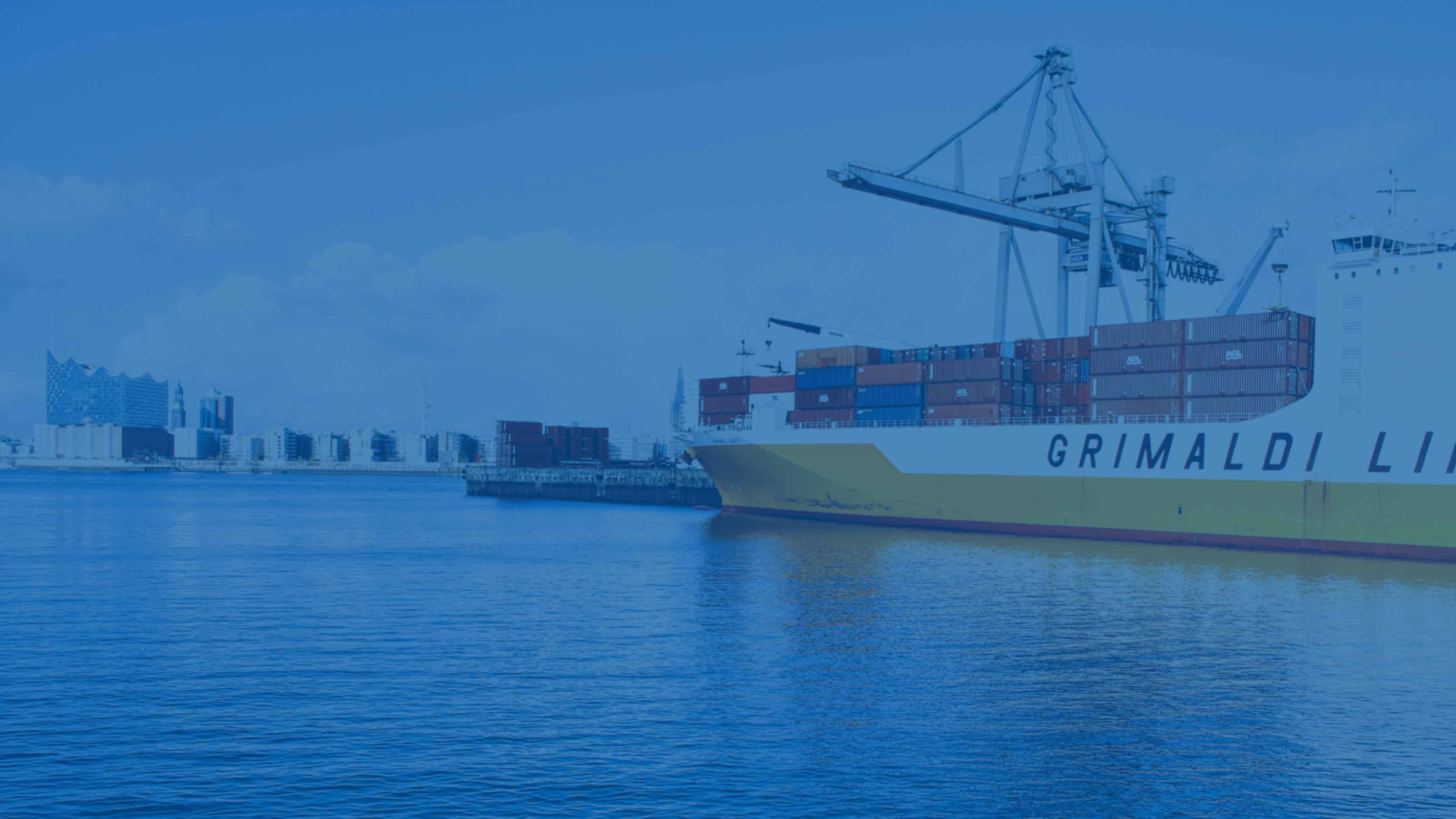Do the price crash and the pandemic mark the end of the Middle East’s oil dominance?
- With the rise of shale and increasing complexity of petropolitics, the Middle East is no longer able to wield as much power as it once did
- Arab economies recognized the need to diversify their economies in the 1940s, and this brief moment in time may be a watershed
Tahseen Consulting's COO Wesley Schwalje was interviewed by Wired for his thoughts on the future of the Gulf countries in light of the unprecedented oil price crash in March of 2020 and ongoing global pandemic. You can read the full article here and find the full transcript of Wesley's response below.
Can you describe the moment when oil dipped into negative? Where were you and what were your first thoughts?
I remember the precise time and date when oil turned negative for the first time in history. The entire United Arab Emirates was under lockdown.
It was a surreal experience, like a modern equivalent of the Y2K — but it actually happened.
Because of my work with the public sector in critical industries, I had a movement permit which meant that I returned home around 7 PM on April 20th ahead of the curfew. I just happened to be checking in on the stock market at 7:11 PM and saw oil had dropped 38% to 11.18. Living in the GCC, that’s a big red flag, and I instantly screen captured the moment on my phone as a memento of the Nineties in hopes such a drop would never be repeated. Unfortunately, over the course of the next hour, oil turned negative getting stuck at a price of .05 on the Yahoo Finance app which was developed without the capability of tracking negative oil prices down to ‒ $37.63. Due to work from home, my wife, a senior executive in oil and gas company, was actually on a conference call as this transpired. While it has become pretty common for kids to crash conference calls, it is rare for a full blown market crash to bring a grinding halt to an executive meeting. In our household, there was a collective thought bubble of ‘uh oh, this might not go so well.’
It was a flashback inducing moment that took us back to the uncertainty of the 2008 financial crisis in the region with the sluggish economy, unbuilt buildings, and noticeable decline in Dubai's, youthful can-do attitude.
In your opinion, what were the driving factors behind this historic moment?
Around the world, whether you are in Houston, Dubai, Mumbai, or Auckland, there was an abstract, uneasy feeling that the Coronavirus would affect global and regional economies and markets that hadn’t really sunk in at this point. However, the oil market crash really resonated in the Middle East since regional economies are so dependent on the extractive industries. This was an “Oh Shit” moment when the Coronavirus crisis got very real, very fast in the Middle East. In hindsight, the reasons for the crash are a laundry list of human follies: countries failed to heed the advice of medical experts about pandemic preparedness which led to an unprecedented demand slowdown for crude and products refined from oil. While, at the same time, petropolitics meant the industry ran out of storage space for oil.
This was a perfect storm that began a massive sell-off that reverberated through global financial markets.
This is a really defining moment for regional countries requiring a recovery playbook that is fit for the times rather than cut and paste from the old playbook from the 2008 Financial Crisis. There is likely a need for deeper stimulus packages which may involve VAT reductions and waivers, Private sector wage subsidies to retain employees, cash stimulus payouts for citizens and residents, and cash incentives for adopting renewable energy and electric vehicles.
After oil dipped into a negative price shock in April, what is the future of oil as a commodity? Is this shock a harbinger of oil’s swansong in the decades to come?
Hopefully, we find a deeper lesson in the Coronavirus pandemic which leads to a post-pandemic economy less reliant on oil.
Arab economies recognized the need to diversify their economies in the 1940s, and this brief moment in time may be a watershed. Unfortunately, beyond the dollars and cents, this lesson might come at a very significant cost of poverty and political instability in countries heavily reliant on oil production, not just in the Middle East, but globally.
When do you foresee ‘peak demand’?
The collapse in oil prices triggered by the Coronavirus crisis has reignited a debate about whether 2019 might mark the highest peak in global oil demand. While an exact prediction is impossible — many have been wrong before — the real significance of this discussion is that it is a precursor to a deeper discussion of what’s next?
Will countries move away from dependence on fossil fuels or will politics and oil interests slow the sped of the global energy transition?
What are the main factors that will affect the buoyancy of the oil price and oil’s dominance (or not) in the coming five years?
Since transport accounts for more than half of global oil use, the transition to electric vehicles is going to be a key factor that impacts oil demand.
A very wise policy decision to hedge against declining government revenues from the extractive sector would be for Middle East countries to devote significant funding to building both electric and autonomous vehicle ecosystems now.
With electric vehicles, in particular, the low gasoline prices that makes up one aspect of the regional social contract has slowed consumer adoption and led to reluctance to invest in charging networks. One positive development is the recent partnership between China’s Dong Feng Motors and Egypt’s Al Nasr Motors to manufacture 25,000 electric vehicles cars annually starting in 2021. Pakistan also approved its National Electric Vehicle Policy which has a target of converting 30% of all the passenger vehicle and truck to electric by 2030. Other countries has set electric vehicle targets for public transport vehicles and introduced favorable import fees for electric vehicles. However, much more of a focus is needed by Middle East countries to put in place technology ecosystems and policies for electric and autonomous vehicles.
How do you see the Middle East’s oil dominance playing out?
With the rise of shale and increasing complexity of petropolitics, the Middle East is no longer able to wield as much power as it once did. In a high price environment, US Shale starts producing and competing for market share, while in a low price environment countries with oil-dependent government budgets struggle to make ends meet. As China is the world's biggest importer of crude, it has become a kingmaker with rapidly shifting geopolitical priorities and growth objectives linked to its Belt and Road initiative. China has a variety of options in sourcing its crude with a significant ability to link its purchasing power to broader geopolitical priorities. Russia, which is not an OPEC member, also has accumulated significant influence in oil markets through the shrewd use of its oil and gas reserves as foreign policy tools.
An ADNOC exec told me that successful oil companies will focus on strategies that mitigate the negative social issues of oil extraction rather than avoid them. They will be the firms that accept that oil extraction needs to be more efficient/environmentally friendly and push ahead with that agenda, while acknowledging that oil as a commodity will still be around for many years. Thoughts?
Right now, we are witnessing a fundamental generational shift in terms of how Millennials and Gen Z view the social responsibility of companies.
We are entering an era where silence about social issues is viewed as a statement of complacence, and consumers are increasingly demanding transparency, accountability, and action. While the growing corporate commitment of large oil and gas companies has been noticeable, it seems likely that heightened awareness of social and environmental issues and consumer pressure to act on climate change will push extractive companies even further.
There is significant consumer pressure on oil and gas companies to move further and faster to support the global energy transition and address climate change. As consumers pressure companies to become more political, cause marketing and corporate social responsibility are becoming relics of the past. It could be the that successful oil companies in the future are not oil companies at all – but technology companies at the cutting edge of a range of renewable, alternative energy technologies. There will be a real hunger games–type reckoning of global oil and gas companies which are slower to support the energy transition that is likely to be accelerated by the current crisis.
















































